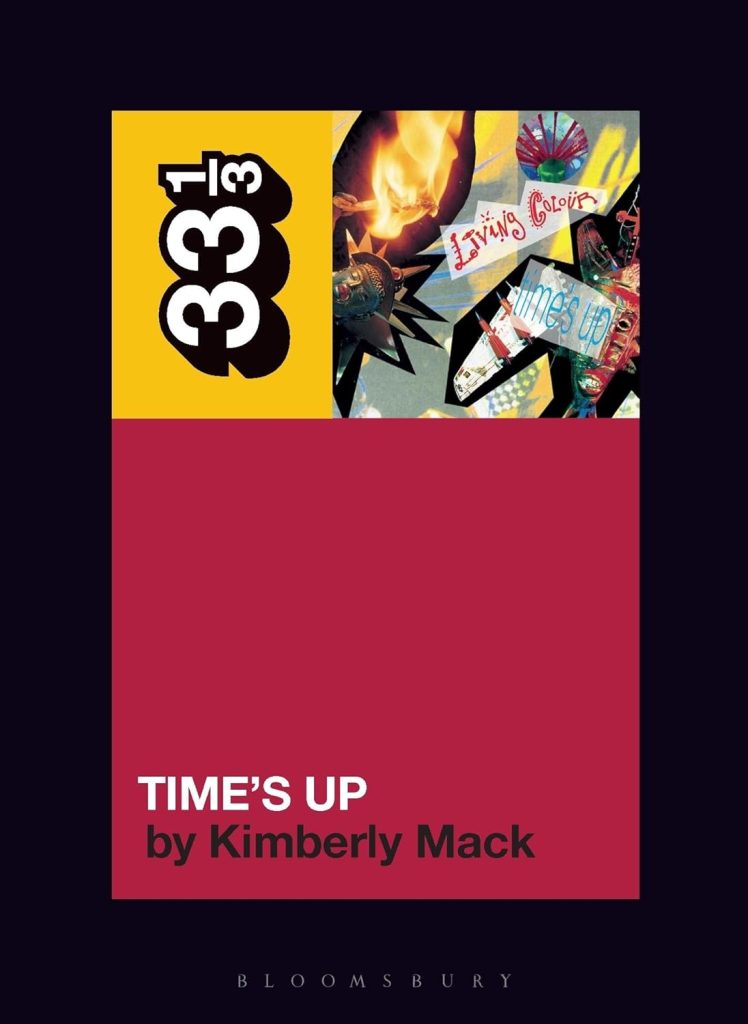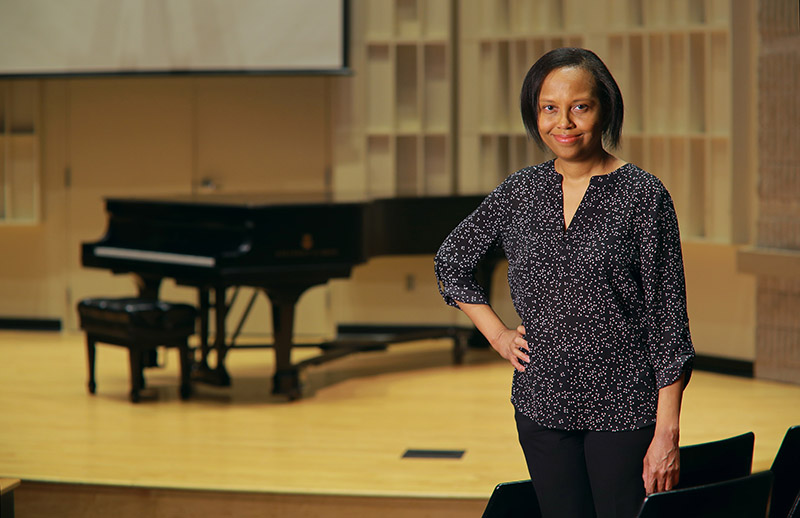Dr. Kimberly Mack (UIUC, English)
Smith Memorial Room
Smith Hall Room 220
Urbana
Monday, February 5
7:00 PM
free and open to the public

The iconic Black rock band Living Colour’s album Time’s Up, released in 1990, was recorded in the aftermath of the spectacular critical and commercial success of their debut record Vivid. Given the segregated nature of the record industry during the 1980s, with artists tethered to strict, race-based musical categories, and the resistance Black rockers sometimes faced from both White rock audiences and skeptics in the Black community, Living Colour’s success was entirely unexpected. After succeeding beyond what anyone predicted and evolving away from the need to conform to the sonic expectations of critics and fans, or chasing commercial success, their next release reflected significant creative growth. Time’s Up is a musical and lyrical triumph, incorporating distinct forms and styles of music and featuring inspired collaborations with artists as distinct as Little Richard, Queen Latifah, Maceo Parker, and Mick Jagger.
In this presentation focused on her recent 33 1/3 series book, Time’s Up, Kimberly Mack uses autobiographical narrative to explore her experience growing up in Brooklyn, New York in a family both musical and violent, and the ways in which that upbringing impacted her coming of age and musical listening. She will also have a larger conversation about race, musical genre, and cultural gatekeeping, while exploring the importance of Time’s Up sonically, lyrically, and politically.
__________

Kimberly Mack holds a Ph.D. in English from UCLA, and she is Associate Professor of English at the University of Illinois Urbana-Champaign. Her book, Living Colour’s Time’s Up, part of Bloomsbury’s 33 1/3 book series, was published in May 2023. She is also the author of Fictional Blues: Narrative Self-Invention from Bessie Smith to Jack White (University of Massachusetts Press, 2020), which won the 2021 College English Association of Ohio’s Nancy Dasher Award. Kimberly is writing another book, tentatively titled The Untold History of American Rock Criticism (under contract with Bloomsbury Academic), about the BIPoC and White women writers who helped develop American rock criticism and journalism during the 1960s and 1970s. For this project, she is the recipient of a National Endowment for the Humanities Public Scholar Fellowship, a senior scholar research grant from the Association for Education in Journalism and Mass Communication, and the Charles Hamm Fellowship from the Society for American Music. Kimberly is a memoirist and music writer, and her scholarly and public-facing articles have appeared in African American Review, Popular Music and Society, Journal of Popular Music Studies, AMP: American Music Perspectives, Longreads, No Depression, and elsewhere.
__________